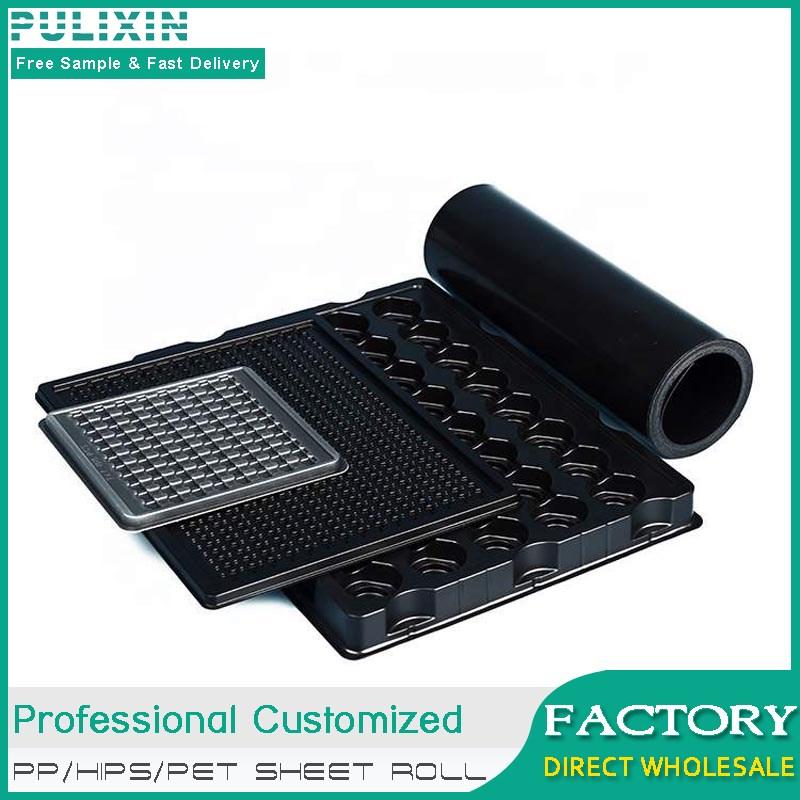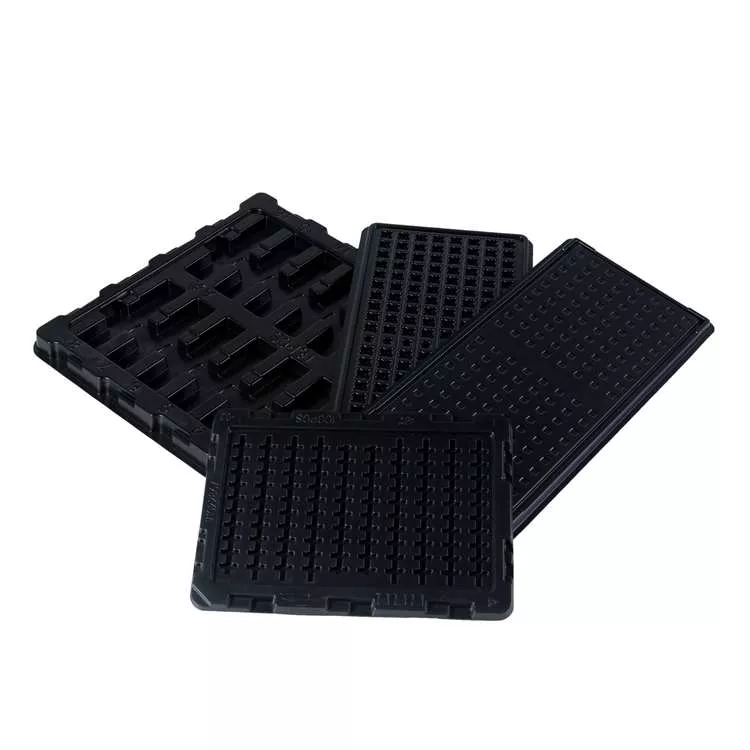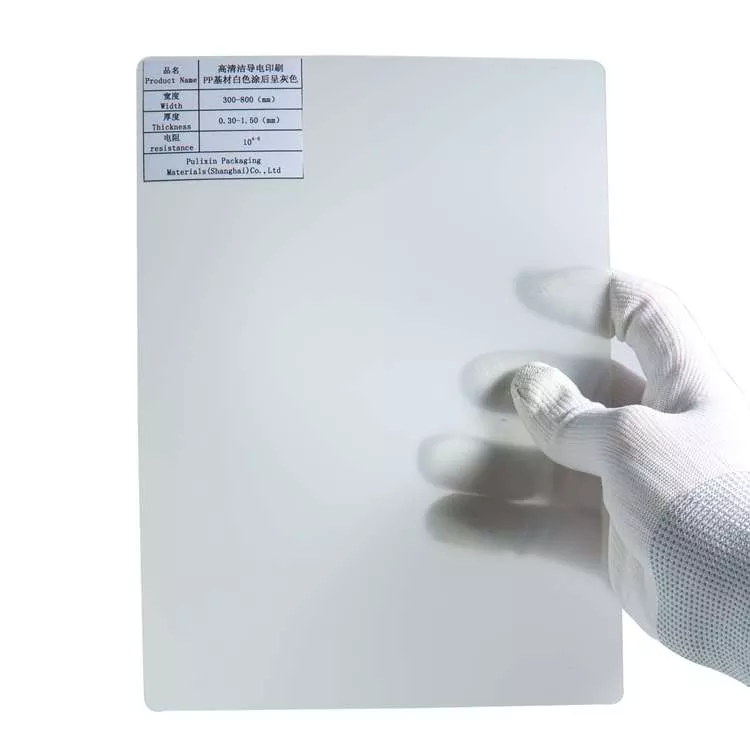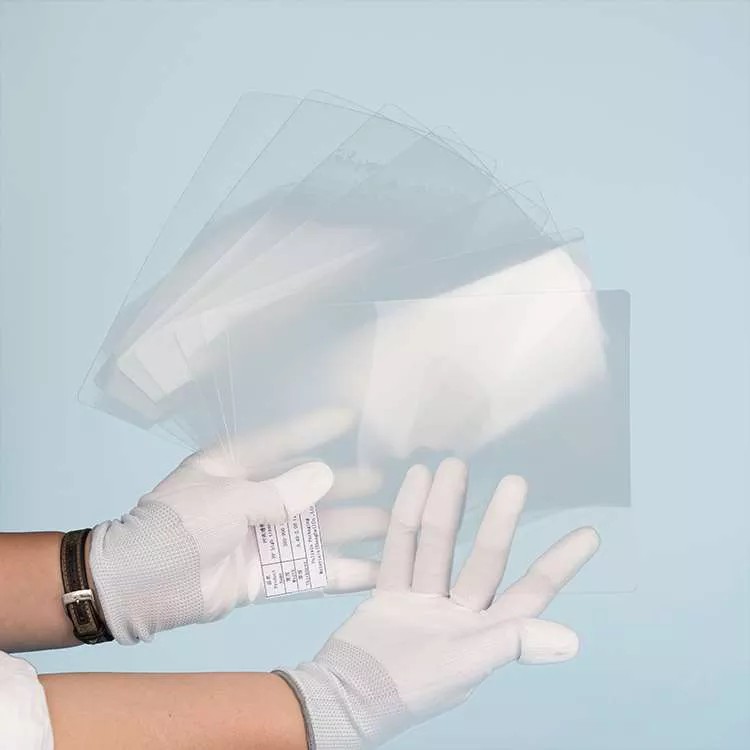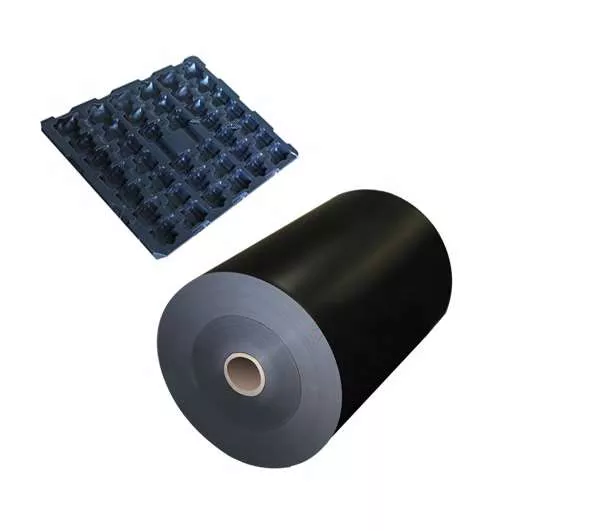




Embedded Conductive HIPS Plastic Roll
Pulixin is an excellent and leading plastic sheet Manufacturer & factory in China. We have advanced technology and equipment, mature foreign trade and export experience, and have established good cooperative relations with customers in more than 60 countries. Free samples supply, OEM & ODM accepted
- Brand: PULIXIN
- Origin: Shanghai, China
- MOQ: 5 tons
- Thickness: 0.3~2mm
- Width: 300~850mm
- Application: Thermoforming
- Send Inquiry
-
- Email: lindy@pulixin.com
- Phone: +8615221762039
- WhatApp

- Wechat

Description
The resulting polymer is tough, usually white (also of transparent grade) and easy to extrude and form.Its toughness is mainly determined by the ratio and amount of rubber components. Therefore, the impact resistance of PS sheet material varies greatly, which is generally divided into three categories: medium impact strength (cantilever beam impact strength < 1.5ft. Lb =, high impact strength (cantilever beam impact strength 1.5~ 2.4ft. Lb) and ultra high impact strength (cantilever beam impact strength 2.6-5.0ft./lb).
The representativeness of impact-resistant PS sheet can be as follows: the bending strength and tensile strength are 13.8~48.3MPa(different with the content of rubber and additives); Elongation 10-60%;Gloss 5-100%. The visual transparency ranges from excellent to poor, the shrinkage rate is about 0.006 in/in, and the coefficient of thermal expansion is the same as that of transparent PS sheet.
The property of impact-resistant PS sheet does not change after sterilized by PI – ray irradiation, and it has the same solvent resistance as transparent PS sheet.The melt index of impact-resistant PS sheet was 1~10g/min, and the softening point of vica was 215°F. The commercial production of impact-resistant polystyrene with enhanced properties has a broad market prospect.
Some of the existing special grades include: ultra high gloss, high transparency, wear resistance, environmental stress cracking grade (ESCR), high modulus, low gloss, low residual monomer styrene content grade (below 1500 PPM) and good impact resistance at low temperature.

At present, transparent PS sheet and impact-resistant PS sheet are mostly processed by extrusion, thermoforming and injection molding.Many products also use blow molding and roll molding methods.
Most transparent PS sheet and impact-resistant PS sheet are molded by extrusion, most of which are used to produce sheet.The sheet itself is saleable and is also used by the manufacturer for its own hot forming process.From building materials to corrugated plate and other products are available transparent PS sheet and impact – resistant PS sheet extrusion molding.Extrusion molding of non-foaming products generally USES a two-stage exhaust extruder whose temperature ranges from 380°F(feeding section) to 430-460°F(extrusion section).New extrusion molding equipment, such as rotary extrusion molding machine, has been used.
Transparent PS sheet and impact-resistant PS sheet are not absorbent, so they do not need to be dried before extrusion.However, if the temperature of the feed port is too low, or there is moisture on the surface of the pellet during storage, and the vent is blocked, then moisture becomes a problem.
Co-extrusion this is a rapidly developing process in which laminated products of the same or different plastics can be made.Transparent PS sheet layer in the upper, impact resistant PS sheet for the lower co-extrusion molding products without adhesive bonding.Some layered structures, such as impact – resistant PS sheet coated with polyolefin plastic co-extrusion products need to be coated with adhesive bonding.
In the hot forming operation, the ratio of mixing recycled materials is 30~ 80%, some plastics can be through the extrusion machine 7 times or more repeatedly feed, transparent PS sheet and impact resistant PS sheet can be repeatedly extruded, its performance does not significantly reduce.However, if the mixing of plastic with poor stability, even if the dosage is small, will cause a significant decline in performance.
Thermal forming is usually divided into four operations: conventional general forming, rotating station forming, tandem continuous thermal forming and continuous roll feeding forming.The thick sheet is heated by convection heating furnace and the thin sheet is heated by radiation furnace to soften it to the forming temperature.Molding process on the sheet quality requirements are very high, so in the extrusion process must be careful.
At present, transparent PS sheet and impact-resistant PS sheet are the best size stability.The plastic with the shortest production cycle and lower cost is very suitable for many injection molding products.The barrel temperature is generally 390~500°F.In order to shorten the production cycle and improve product quality, injection molding systems with ultra-fast injection and recovery rates have been developed.A variety of molds are used in processing plants, including hot runner systems and various forms of gate design.
Different foaming agents, such as pentane, nitrogen, CBA and freon, should be used for foam molding and extrusion of transparent PS sheet and impact-resistant PS sheet.According to the purpose of the additives can reach more than 10 kinds, also may not be added.
The formation of hair – able polystyrene is divided into two sections: the first polystyrene particles prehair foam to make it into a prehair.Precursors are usually aged to allow air to seep into the pores and to replace the foaming agent and water in the pores.Then the pre-foaming beads after curing are sent to the mold with steam channel for hot forming, and the final product is obtained.This method can be used to produce thin wall products (cups) or foam blocks of 2ft*16ft*4ft, and then cut into slats of 4ft*8ft *1(or > 1)in, which can be used for insulation.The density of recoverable polystyrene can vary from less than 1ib/ft3 to more than 6 lb/ft3.
Product parameters
Parameters of Embedded Conductive HIPS Plastic Roll
Transparent PS sheet granule is an amorphous polymer obtained by addition polymerization of styrene monomer.Colorless, transparent, excellent optical performance, and high rigidity.The properties of transparent PS sheet are as follows:
The density of 1.05 g/cm3
The tensile strength is 48.3MPa.
The bending strength is 82.7MPa.
The typical shrinkage is 0.0045 in/in
Thermal expansion coefficient 5-8 X 10-5in/(in·°c)
Elongation is 2-3%
Vica softening point 225°F
Polystyrene itself is resistant to y rays, so y line irradiation sterilization has no effect on product performance. Polystyrene dissolves in aromatic solvents and certain ketones and is soluble in methyl ethyl ketones.The melt index range of transparent PS sheet particles is 1-25 g/10 min or higher than 25 g/10 min.It has high heat resistant grades (vica softening point up to 223°F) and low residual monomer content grades.
- Previous:1.1mm Co-extruded pp evoh pp roll for steamed rice packaging
- Next:Black Plastic printing PP sheet roll polyethylene for electronic packaging tray
Why Choose Pulixin
PULIXIN is an excellent leading PP plastic sheet roll manufacturer in China. Our factory covers an area of more than 10,000 square meters and has 4 rigid polypropylene sheet production lines with international advanced equipment. It can produce 3,000-5,000 tons of PP plastic sheets per month, and the maximum storage capacity exceeds 10,000 tons.- High Level Factory
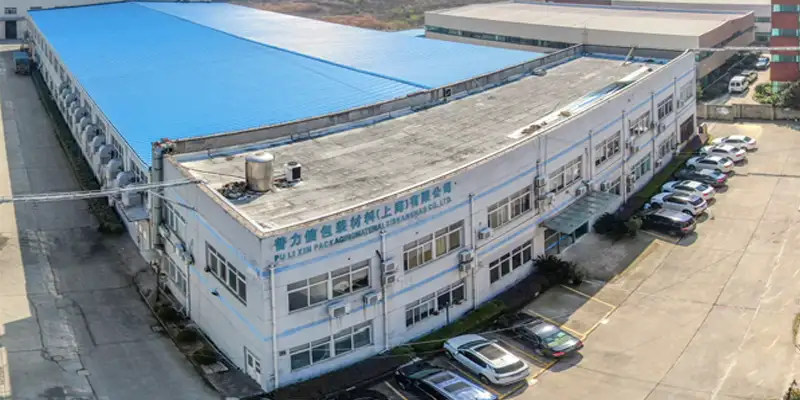
- 1, 6000㎡ Area
2, 10 co-extrusion lines
3, 15 years experience
4, 2300+ regular customers
- Considerate Service

- 1, Quick reply to inquiries
2, Free sample on paying the postage
3, Strong capacity, short production and fast delivery
4, Factory inspection acceptable
5, OEM Support
- Strict Quality Control

- 1, Thickness error:+-0.1mm
2, Weight erroe:+-1kg
3, Antistatic impedance: +-0.1Ω
- On Time Delivery

- 1, Production: 1days after prepayment
2, Delivery: 5days after final payment


